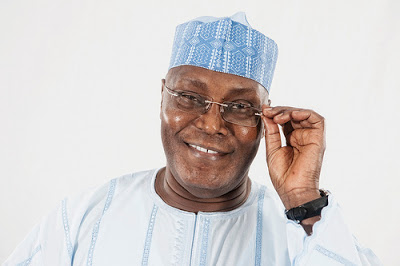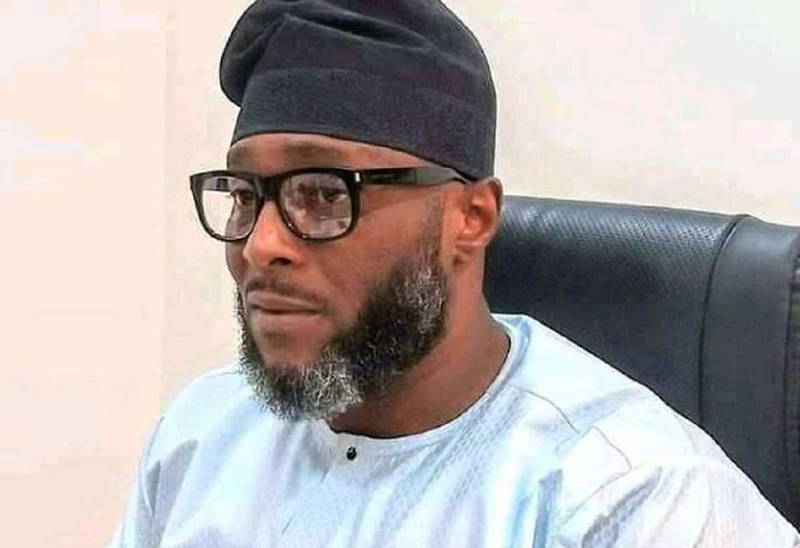On Monday, the 188MW Geometric Power Plant in Aba, Abia State, was commissioned. By this weekend, Aba Power Limited, a subsidiary of Geometric Power, will commence the electricity supply to a section of Enyimba City. It has taken long, two decades in coming. But soon, the much-needed electricity to unleash the full potential of Aba, the industrial and commercial nerve centre of Abia, will surely make up for the long wait.
I congratulate and appreciate the efforts of Prof Barth Nnaji and his team to deliver on this project despite all the (political and) business environment obstacles. His tenacity and demonstration of the ‘can-do spirit’ is exemplary. It is remarkable that the governor of Abia state had stayed the course of the project that he had made an initial contribution to as a private sector person. Equally worthy of congratulation is the enterprising people of Abia.
This significant milestone is important for several reasons. Firstly, it improves people’s access to electricity – thereby improving the overall quality of life in Abia. This is a privilege the people of Abia must be thankful for. As we all know, more than 40% of Nigeria’s 220 million people do not have access to electricity.
Secondly, it is a big boost to businesses. Aba is one of Southeast’s industrial nerve centres. The other is the Nnewi axis. Inadequate power infrastructure is identified as the most problematic factor for doing business in Nigeria. More than 70% of firms in Nigeria use generators.
Thirdly, the project is delivered by the private sector – and an indigenous one to boot! It demonstrates the resilience of the private sector despite all the business environment issues. It also demonstrates the capacity of the local private sector to deliver on such huge and complex projects.
Why does this excite me?
I have all along been concerned that:
1. The Nigerian Electricity Supply Industry (NESI) has over the years suffered from inadequate investments, failure of generation, transmission, and distribution infrastructure.
2. Nigeria’s core infrastructure stock is very low, estimated at 35-40% of GDP, below the international benchmark of 70% and below South Africa 87%, Indonesia 70%, China 76% and India 58%.
3. The finances required to bridge Nigeria’s infrastructure gap are in the region of US$100 billion per annum – over the next 30 years. Nigeria does not have the resources to provide all of its infrastructure needs without sacrificing investments in education, health, and other social services. It should be remembered that Nigeria struggles to budget no more than US$30 billion annually.
For these reasons, I have been an ardent advocate of private sector presence in Nigeria. I have all along advocated for a private sector friendly business environment so we could leverage its enormous resources, including finance, skills, and technology. I doubt if the Abia state government would have been able to execute this mega project with the resources at its disposal.
My policy document outlines how Nigeria could prioritize investments to increase the stock and improve the quality of economic and social infrastructure across the country. We believe that narrowing the enormous gap that exists between the demand and supply of key infrastructure facilities in Nigeria is key to improving the competitiveness of our businesses, opening new economic and entrepreneurial opportunities, and promoting enterprise growth.
To achieve this, we pledged to undertake far-reaching institutional reforms and introduce innovative infrastructure financing models that will be appealing to the private sector to take risks and invest capital.
To this end, we pledged to:
· Facilitate the establishment of a private sector-led Infrastructure Debt Fund (IDF) to mobilize domestic and international private resources for the financing and delivery of large infrastructure projects across all sectors of the economy.

 Boss Of The Week4 days ago
Boss Of The Week4 days ago
 The Oracle5 days ago
The Oracle5 days ago
 Opinion4 days ago
Opinion4 days ago
 Middle East4 days ago
Middle East4 days ago
 Islam6 days ago
Islam6 days ago
 National4 days ago
National4 days ago
 Middle East4 days ago
Middle East4 days ago
 National6 days ago
National6 days ago














